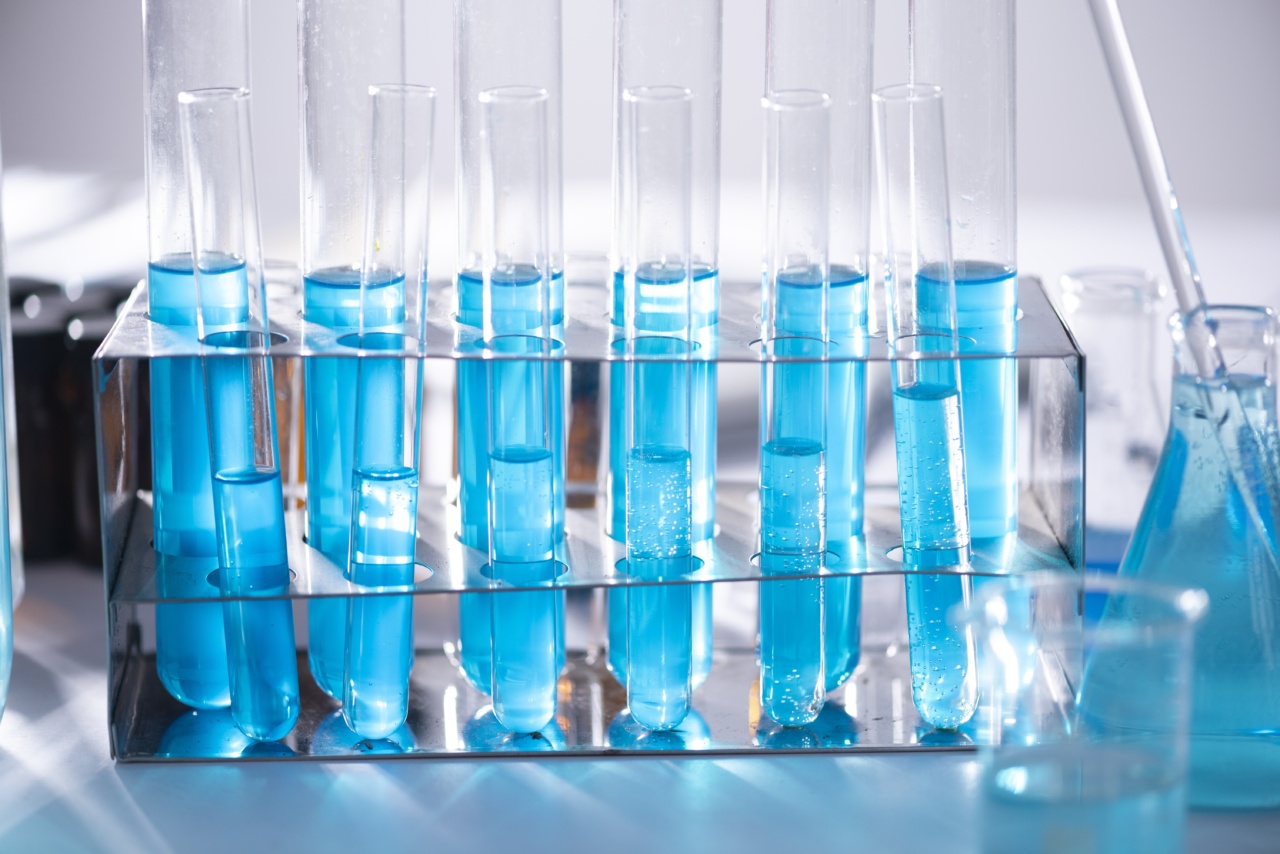In the vast ecosystem that is our body, trillions of microscopic organisms coexist with us, playing a crucial role in maintaining our health and well-being.
Among these organisms, gut bacteria stand out as one of the most resilient and essential parts of our microbial community. Gut bacteria, also known as gut microbiota, refers to the diverse range of microorganisms that reside in our digestive system, primarily in the large intestine and colon.
They have a remarkable ability to adapt, survive, and even thrive despite various challenges, making them virtually indestructible.
The Microbial Diversity in Our Gut
The human gut is home to an incredibly diverse group of bacteria, including thousands of different species. This microbial diversity has a significant impact on our overall health.
A healthy gut microbiota maintains a delicate balance between beneficial and harmful bacteria, ensuring optimal digestive function, immune system development, nutrient absorption, and even influencing our mental health.
Despite the name “bacteria,” not all gut microbes are harmful. In fact, many bacteria in our gut provide essential functions and contribute to our well-being.
These helpful bacteria aid in breaking down complex carbohydrates, producing vitamins, regulating metabolism, and protecting against harmful pathogens.
The Resilience of Gut Bacteria
Gut bacteria have evolved over millions of years to adapt and withstand harsh environments, ensuring their own survival and contributing to our overall health. Their remarkable resilience can be attributed to several factors:.
1. Acid Resistance
The acidic environment of our stomach poses a significant challenge for many microorganisms.
However, some gut bacteria have developed mechanisms to resist the low pH levels in the stomach, enabling them to reach the intestines where they can thrive and exert their beneficial effects.
2. Bile Tolerance
Bile acids play a crucial role in the digestion and absorption of dietary fats.
Gut bacteria have shown remarkable tolerance to bile acids, allowing them to survive and establish colonies in the small intestine and colon, where they contribute to nutrient absorption and overall gut health.
3. Competition and Cooperation
Gut bacteria engage in a complex web of interactions, including competition and cooperation, which help regulate their populations and maintain a diverse microbial community.
This dynamic relationship ensures that harmful bacteria are kept in check while beneficial bacteria can flourish.
4. Adaptability
Gut bacteria have a remarkable ability to adapt to changes in their environment. This adaptability allows them to adjust to dietary changes, antibiotic use, and other factors, ensuring their survival and continued contribution to our gut health.
The Role of Gut Bacteria in Overall Health
The importance of gut bacteria extends far beyond digestion. Scientific research has demonstrated that gut bacteria play a vital role in various aspects of our health:.
1. Digestive Health
Gut bacteria aid in breaking down complex carbohydrates, converting them into useable forms for our bodies. They also produce important enzymes necessary for the digestion and absorption of nutrients.
Additionally, these bacteria help maintain a healthy gut lining, preventing the invasion of harmful pathogens.
2. Immune System Development
A significant portion of our immune system resides in the gut, and gut bacteria play a crucial role in its development and proper functioning.
Beneficial bacteria stimulate the immune system, promoting a balanced response to pathogens and reducing the risk of autoimmune disorders.
3. Nutrient Absorption
Gut bacteria enhance the absorption of essential nutrients, including vitamins and minerals. They metabolize certain compounds that our body alone cannot break down, making these nutrients available for absorption and utilization.
4. Mental Health and Brain Function
Recent research has uncovered a strong link between gut bacteria and mental health. The gut-brain axis, a bidirectional communication pathway between the gut and the brain, influences our emotions, mood, and cognitive function.
Imbalances in gut bacteria have been associated with mental health conditions such as anxiety and depression.
The Threats to Gut Bacteria
While gut bacteria are resilient and adaptable, certain factors can disrupt their balance and diversity:.
1. Unhealthy Diets
Diets rich in processed foods, sugar, and unhealthy fats can negatively impact the composition of gut bacteria. This can lead to an overgrowth of harmful bacteria and a decrease in beneficial ones, compromising overall gut health.
2. Antibiotics
Antibiotics, while lifesaving in many situations, can indiscriminately kill both harmful and beneficial bacteria.
Prolonged antibiotic use can disrupt the delicate balance of gut microbiota, leading to dysbiosis, an imbalance in gut bacteria associated with various health problems.
3. Chronic Stress
Chronic stress affects various physiological processes in our bodies, including our gut bacteria. Stress hormones can disrupt the balance of gut bacteria, leading to inflammation and other negative consequences for our health.
Nurturing a Healthy Gut Microbiota
To promote optimal gut health and support our resilient gut bacteria, we can adopt certain lifestyle and dietary practices:.
1. Eat a Balanced Diet
Consuming a varied and balanced diet rich in fiber, whole grains, fruits, and vegetables provides important nutrients for both our bodies and gut bacteria.
These beneficial bacteria thrive on dietary fiber and ferment it, producing essential compounds that contribute to our overall well-being.
2. Limit Antibiotic Use
While antibiotics are essential for treating bacterial infections, it is crucial to use them judiciously and only when necessary. When prescribed antibiotics, taking probiotics alongside them can help mitigate their negative effects on gut bacteria.
3. Manage Stress
Engaging in stress-reducing activities such as meditation, exercise, or spending time in nature can help support a healthy gut microbiota. Reducing chronic stress levels can have a positive impact on the balance of gut bacteria and overall gut health.
Conclusion
Gut bacteria are resilient and indispensable for our overall health and well-being. They overcome numerous challenges, adapt to changing environments, and contribute to vital processes in our bodies.
Supporting a diverse and balanced gut microbiota through a healthy lifestyle and dietary choices is crucial for maintaining optimal gut health and reaping the benefits of our indestructible gut bacteria.































